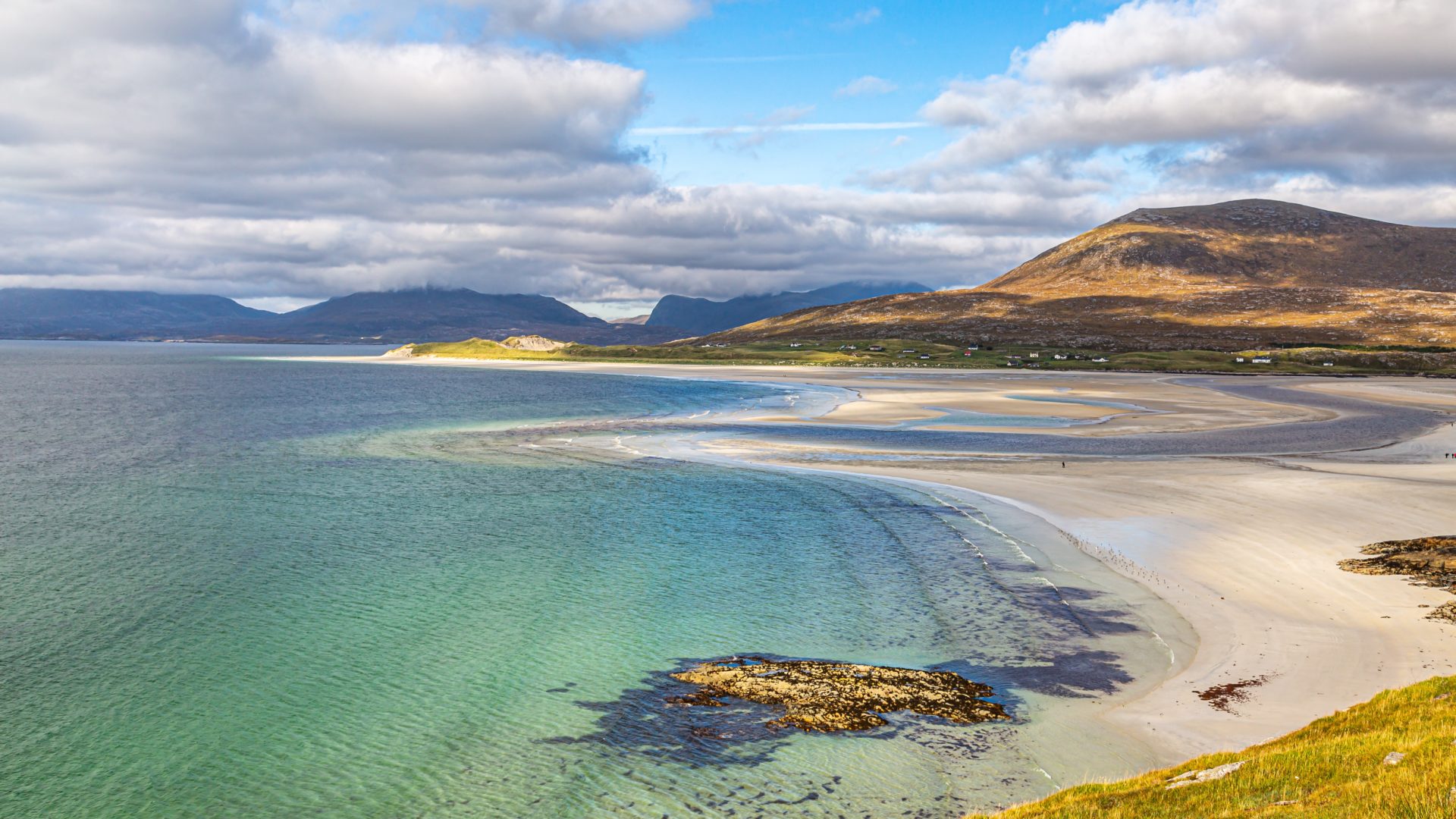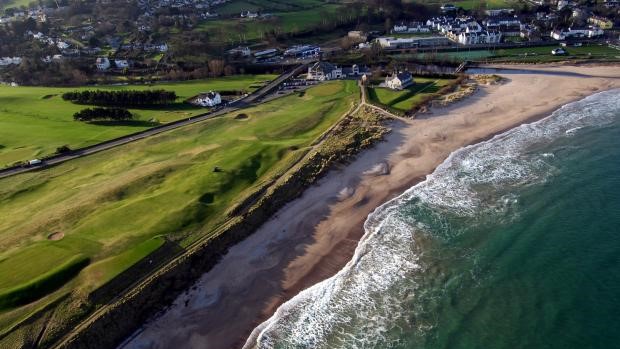Environmental Standards Scotland (ESS) is calling on the Scottish Government to embed a ‘source-to-sea’ approach into future policy and legislation to tackle the marine litter which is polluting Scotland’s beaches and seas.
The recently published report, Marine Litter – an assessment of controls and progress in Scottish seas, recommends greater co-ordination across legislation and policy controlling land-derived litter. ESS state this approach could help reduce the volume of plastic bottles, wet wipes, pellets and microplastic fibres from clothing and textiles, finding its way to the sea and shores from land, rivers and waterways. For example, greater integration between the Scottish Government’s ‘Marine Litter Strategy’ and the ‘National Litter and Flytipping Strategy’ could help to reduce land-derived litter at source before it reaches the sea.
Although data is limited, the most recent assessment of beach litter indicates that levels in Scotland are worse than the rest of the UK with 919 items found per 100 metres of shore. In Scotland, particularly prevalent sources of land-derived marine litter are from the mismanagement of plastic waste and sewage-related debris.
ESS warns that marine litter poses a significant danger to marine species found in Scottish waters, such as dolphins and seals, which can swallow plastic litter or become caught in fishing nets and ropes. A study carried out in Orkney showed 80% of marine life collected from the seagrass beds contained microplastics. Marine litter has also been linked to wider ecosystem-level impacts, such as changes in species’ growth and feeding rates, including growth rates and tissue health of cold-water corals in Scotland.
Scottish Ministers are required, along with the UK Government, to take the necessary measures to achieve or maintain Good Environmental Status (GES). The most recent assessment of GES (published in 2019) indicated that the UK was not on track to achieve GES for marine litter. At an international level, the UK is a Contracting Party to the Convention for the Protection of the Marine Environment of the North-East Atlantic (OSPAR). While improvements have been reported in more recent data, the volume of beach and floating litter across the UK continues to far exceed the value levels set by OSPAR.
Mark Roberts, CEO of ESS, said:
“Marine litter is a problem in Scotland endangering our marine species, spoiling our beaches and introducing potentially harmful microplastics into the human food chain. The latest assessments show a failure to meet statutory targets designed to improve the situation.
“Today we are calling on the Scottish Government to embed a ‘source-to-sea’ approach to tackle the problem. This requires legislation and policy to be developed that considers the relationship between land and sea. Most marine litter comes from the land so we need to stop litter at its source, before it reaches the marine environment.”
The report also calls for greater monitoring of marine litter levels.
Roberts added: “ESS has also found that there are several limitations to the current monitoring programmes for assessing marine litter under the UK Marine Strategy. As a result, we are recommending that the Scottish Government work with the UK Government to agree a monitoring programme – underpinned by a statutory framework – to ensure future monitoring of marine litter is effective and resilient.”



